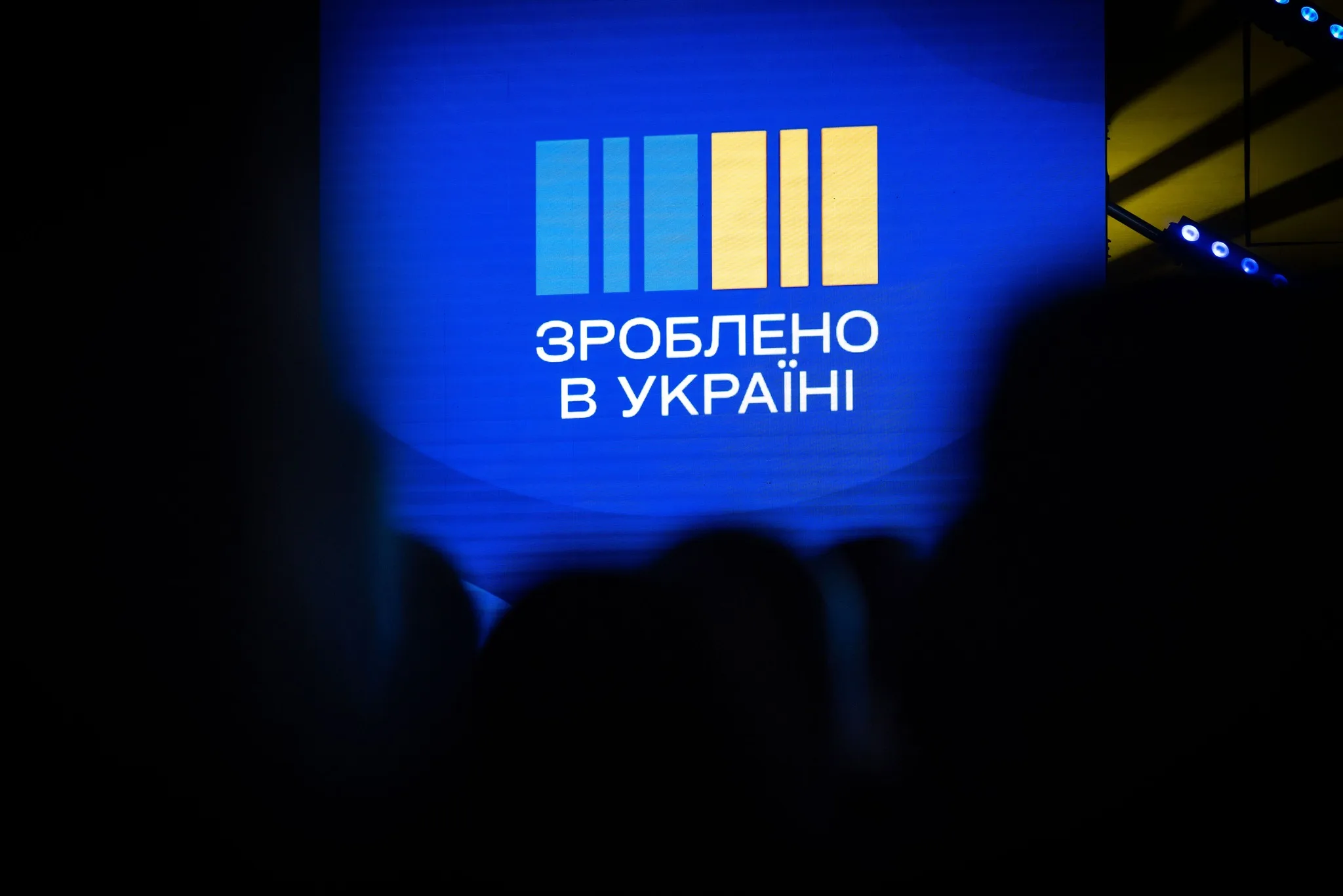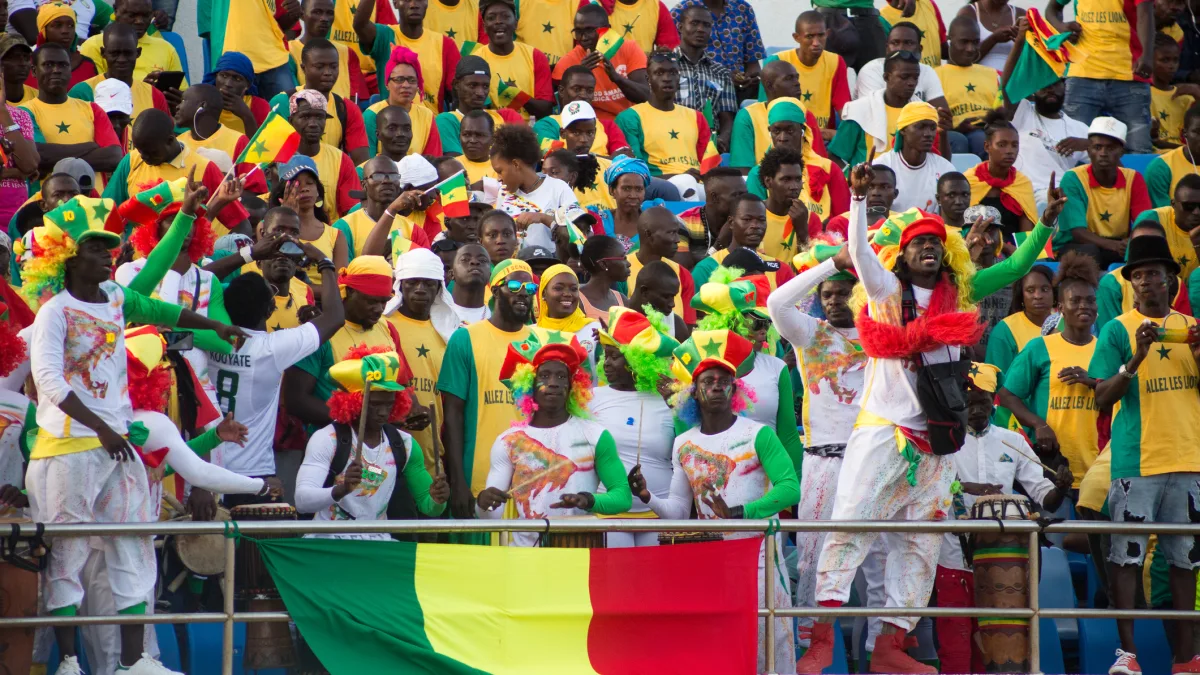There are clear signs that optimism about the global economy is returning to boardrooms across Central and Eastern Europe (CEE), according to the latest edition of PwC’s annual Global CEO Survey.
The survey is an annual snapshot of what business leaders are thinking about the prospects for their organisations and the wider economy and this year’s edition, the 27th, which is supplemented by a reinvention playbook detailing practical areas through which leaders can approach transformation, finds that CEOs in CEE are more optimistic about global economic growth than their global peers.
Five per cent more regional CEOs expect to see improved economic growth in 2024 compared to global averages—and a lower proportion expects the economy to shrink. The figure of 43 per cent is approaching three times that of the number predicting economic growth in last year’s survey (16 per cent).
Also, the percentage of CEOs in CEE foreseeing economic decline fell sharply—by 34 per cent in comparison with the previous year (74 per cent in 2023 vs 40 per cent in 2024).
This optimism should be tempered, however, by CEOs in CEE having slightly lower expectations for the growth of their own organisation’s revenue than in the previous year, with 38 per cent being very or extremely confident of economic growth in their companies in the next twelve months. This is more pessimistic than the 46 per cent reported last year.
Inflation also looms largest for both CEE and global CEOs, but is a higher concern for CEE business leaders. Although less than last year’s 55 per cent, 40 per cent of CEOs in CEE feel highly or extremely exposed to inflation, compared to just about a quarter globally.
Additionally, reflecting Russia’s ongoing war in Ukraine, geopolitical conflict is seen as the second biggest threat by CEOs in CEE, but only fourth at the global level (32 per cent versus 18 per cent).
Transform to survive
CEOs in CEE also increasingly see transformation as vital to the survival of their businesses beyond the next decade. Almost half (48 per cent) of CEOs in CEE don’t see their companies surviving the coming decade under their current business model. This represents a slight increase in the proportion of CEOs in CEE who see the necessity to transform compared to the 2023 survey (45 per cent) and is also a marginally higher proportion than the global average (also 45 per cent).
Business leaders in CEE are 20 per cent more likely to predict technological change having a large or very large impact on their operations in the next three years than it did during the previous five years (increasing from 37 per cent to 57 per cent). Globally, technological change is also seen by CEOs as the most important driver of new approaches in the next three years (56 per cent). It is notable just how much more important it is seen to be in CEE for the next three years—with a significant rise of 20 per cent.
Almost two thirds (65 per cent) of CEE chief executives believe the regulatory environment is inhibiting their ability to transform their business model to at least a moderate extent, 58per cent cite supply chain instability, and 49 per cent point to competing operational priorities.
It is notable that in CEE the two biggest perceived inhibitors of transformation, government regulation and supply chain instability, are both outside CEOs’ direct sphere of influence. While internal factors, such as competing operational priorities, lack of workforce skills, limited financial resources and lack of technological capabilities, are all seen as important by over 40 per cent of CEOs in CEE, external factors are seen as even greater inhibitors to transformation in the region.
“The CEE results of our survey suggest to me that business leaders in our region are aware of a need to respond to rapid change, but take a measured and practical approach to leading their organisations,” says Adam Krasoń, CEO, PwC CEE.
“CEOs in CEE show an ability to remain steadfast in uncertain geopolitical times and in the face of megatrends such as climate change and technological disruption—even with respect to the promises and threats of generative AI. The survey report offers actionable insights for business leaders and we have worked to lay out a clear path forward for transformation and future-proofing in our reinvention playbook.”
Energy efficiency & AI
Climate change is one of the megatrends pressing business leaders to transform their companies. Although only a small number of CEOs in CEE report they have completed climate actions, a higher proportion of them have work in progress or planned—and often even more than global averages.
The biggest focus for business leaders in CEE and globally is energy efficiency. CEOs in the region report slightly more actions aimed in this area than global averages—15 per cent versus 10 per cent for completed actions and 71 per cent versus 65 per cent for work in progress.
When it comes to artificial intelligence (AI) CEOs in CEE believe that AI will change their businesses—but are unsure about how and to what extent.
A majority (59 per cent) of CEOs in CEE believe that generative AI will significantly change the way their company creates, delivers and captures value over the next three years. While this is over 10 per cent below the global average, it still indicates clearly how CEE business leaders see the direction of travel on AI.
Far fewer CEOs in CEE take the view that generative AI will enhance their company’s ability to build trust with customers in the next 12 months—a quarter (25 per cent) versus almost half (48 per cent) globally.
CEOs in CEE also anticipate positive near-time impacts from generative AI somewhat less enthusiastically than their peers globally.
“Transformation is not just about making companies more efficient. And reinvention is not just about making them more effective,” says Agnieszka Gajewska, PwC Global Government and Public Services Leader, CEE Clients and Markets Leader.
“Given the pace and impact of the technological changes, leaders need to be ready to go outside their companies and try different business models—learning from others, also outside their sector. Our survey builds a rationale for a radical business reinvention, with almost half of CEOs in the CEE region knowing their relevance in the market in the mid-term depends on them taking actions now.”
Photo by Ant Rozetsky on Unsplash.







